Death Stranding: Hideo Kojima explains his new game
- Published
Death Stranding: A reaction to 'Trump and Brexit'
Sam Porter Bridges is scared. Deadly acidic rain is pouring from the clouds, he needs to find shelter. Without his packages, America can't be saved.
Sam, played by The Walking Dead's Norman Reedus, has a long journey in front of him full of twists and turns.
His job, or rather your job as the player in control of him, is to deliver messages and connect the world.
Connection is the central theme of acclaimed game designer Hideo Kojima's latest work, Death Stranding.
"The era of today is about individualism," he tells Radio 1 Newsbeat at his Tokyo studio.
"We may be connected through the internet more than ever, but what's happening is that people are attacking each other because we're so connected."
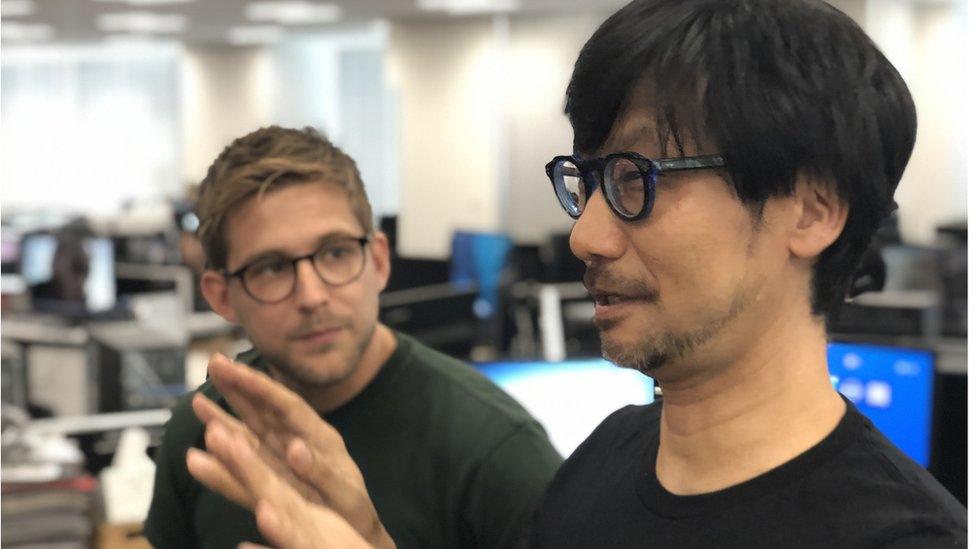
Hideo Kojima explaining Death Stranding to Newsbeat
Newsbeat spent three days behind-the-scenes at Kojima Productions in the Japanese capital to see the final hours of Death Stranding's creation.
The studio itself is at the end of a corridor flooded with fluorescent white light. Honestly, it feels a bit like a spaceship. Once the door's opened the lights come on one-by-one, like a film set.
Inside more than 100 staff are quietly going about their business, double-checking that everything in the game is working as it should be. There's an air of calm - but with release day looming you can feel just how busy they all are.
Being there has given us unique insight into a title that's had the gaming community scratching its head since first being announced in 2016.
Something that became clear is how much its creator wants the game to carry a message about modern society.
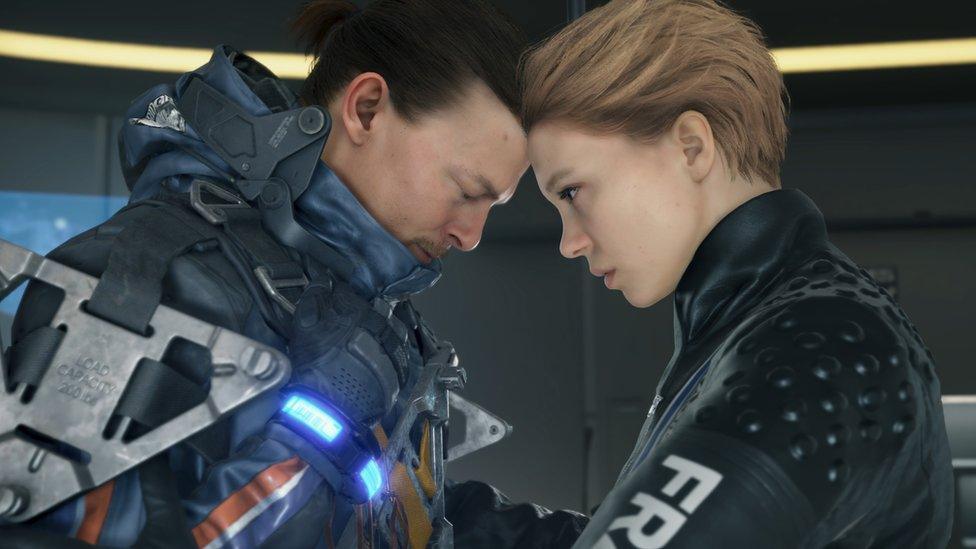
Hollywood actors Norman Reedus and Lea Seydoux star in the game
"President Trump right now is building a wall," Kojima tells us.
"Then you have Brexit, where the UK is trying to leave the EU, and it feels like there are lots of walls and people thinking only about themselves in the world.
"In Death Stranding we're using bridges to represent connection - there are options to use them or break them. It's about making people think about the meaning of connection."
Kojima is keen to stress that his game's message is not targeted at any one country or community: bringing people back together is a universal theme in his eyes.
"When we're connected we have a responsibility over each other. But social media doesn't seem to have that responsibility, for example.
"Caring for each other is what makes people feel good. We've always been like that in the past.
"I want people to remember that and feel it in my game."
Kojima says that he's "very prone to loneliness" and thinks there are "similar people all around the world, especially gamers".
"So when those people play this game they realise people like them exist all over the world. Knowing that even though I'm lonely, there are other people like me makes them feel at ease. That's what I would like for them to feel when playing the game."

In Death Stranding players are rewarded for working together
This is Kojima's first release since leaving his former employers Konami to set up his own studio.
He made his name making the Metal Gear series, games that revolutionised the industry by popularising stealth gameplay.
Expectations for Death Stranding, which is released on 8 November, are mixed - with some people uncertain what it has in store for them., external
The game's trailers show images of dead animals on a beach, a baby contained in a glass bottle and oily phantoms. Many have been asking, what is this actually all about?
Players have waited years to find out and, soon they will.
But connecting gamers is not as simple as it sounds. Gaming communities have been dogged by claims of toxic behaviour by some players for a number of years.
Some games developers, like Kojima and others, have been working on a way to solve this in recent years.
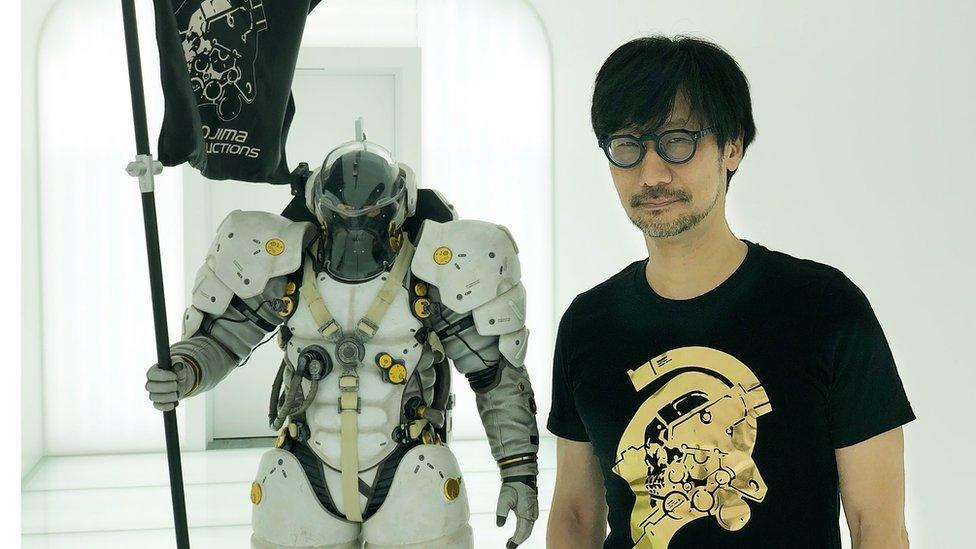
Hideo Kojima has been heavily involved in every aspect of Death Stranding's creation
Kojima's solution is for his game to offer only positive exchanges.
"You interact with other players by giving thumbs up or likes, there is no way to interact negatively," he explains.
"Pretty soon in the game you start receiving worldwide thanks for laying items for other players to use.
"You'll start thinking about others when you play and how you might be able to help them."
Will his approach work? It won't be properly tested until the game goes on sale and players across the world start their own journeys as Sam.

The mysterious game takes place in a post apocalyptic America

So, is the game any good?
I've spent roughly 40 hours with an advance copy and it's not like any experience I've had before.
Mainly because it's difficult to place this game into an established genre.
It blends travel, adventure and role-play together and, as expected in a Hideo Kojima game, relies heavily on edited cut-scenes to move the story forward.
It has moments of high drama that have you on the edge of your seat and getting stuck into the shared online environment can feel really rewarding.
But the core gameplay mechanic of delivering messages over rough terrain - especially given the size and scale of the map - might get repetitive and frustrating for players who want, or are used to, games with faster-paced action.
This is an experience that rewards patience and investment.

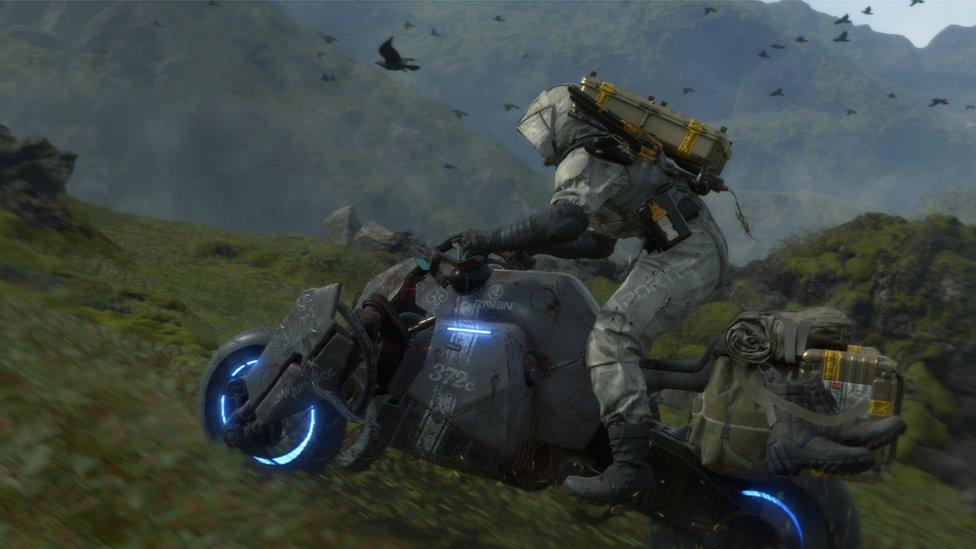
The game is released on 8 November
During our time at the studio it was clear to see the influence Kojima has on all aspects on the title: from coming up with the concept and tweaking game play to directing actors and personally editing the game's trailers.
Make no mistake, this is a title shaped by one man's vision - a very different approach to how many other major games are being made, where tasks like making trailers and developing merchandise are often outsourced to other companies.
Kojima defends his way of working, saying: "When I first presented the game to the team there was some negative feedback.
"It was the same when I tried to create the stealth genre back in the early 1990s."
But when the team agreed to test and build the online aspects of Death Stranding, and began interacting with it, Kojima says they "started to understand what the game was about".
"From that point on the development process went really fast."
Kojima not only wants people to "have fun, be excited, be touched or surprised" - he also wants them to "re-use their in-game experiences in the real world".
"You have to come back to the real world at some point. You can't stay in the game forever.
"I want to create an experience in the game that people can use in the real world, like thinking about how we connect."
The game clearly has high ambitions, but it will be the players who step into the shoes of Sam Porter Bridges who will decide whether it meets them.


Follow Newsbeat on Instagram, external, Facebook, external, Twitter, external and YouTube, external.
Listen to Newsbeat live at 12:45 and 17:45 weekdays - or listen back here.
- Published14 June 2019
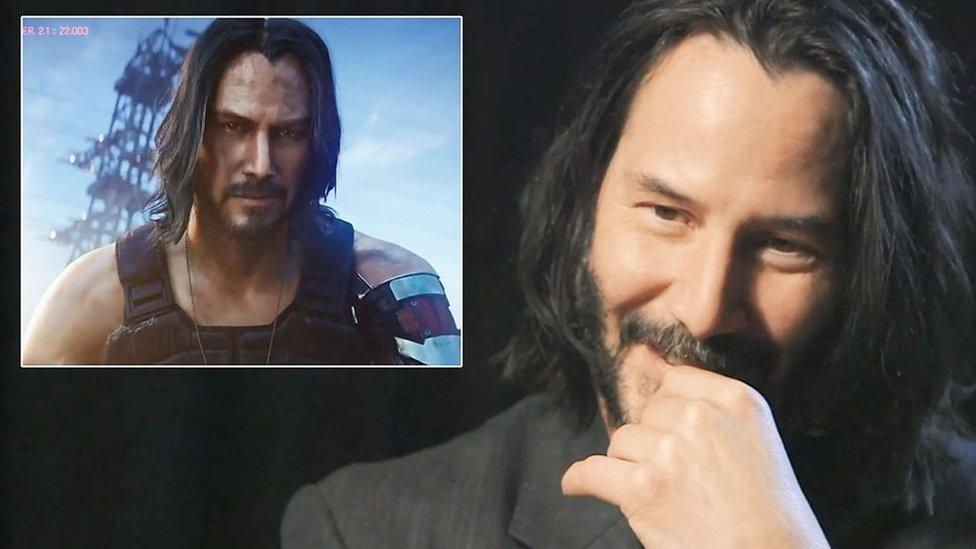
- Published25 October 2018
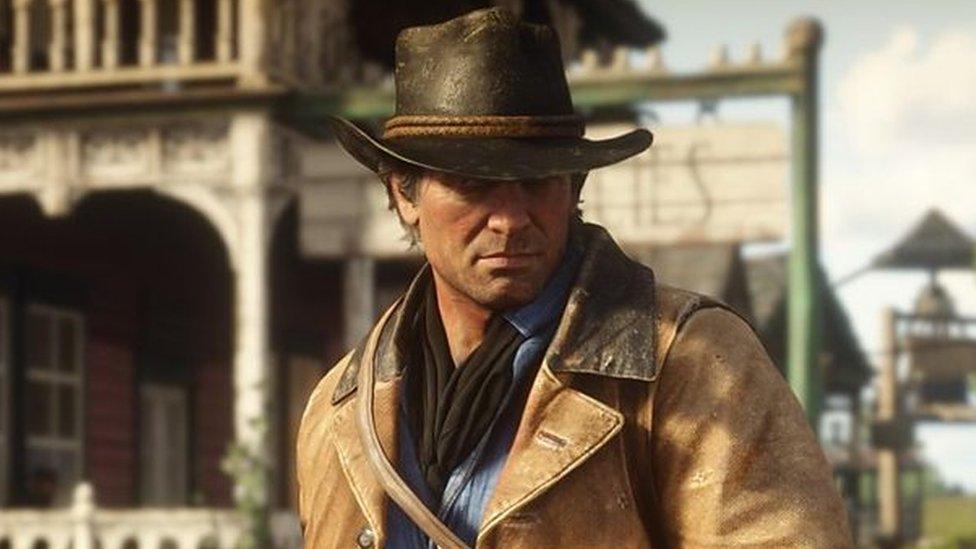
- Published12 October 2018
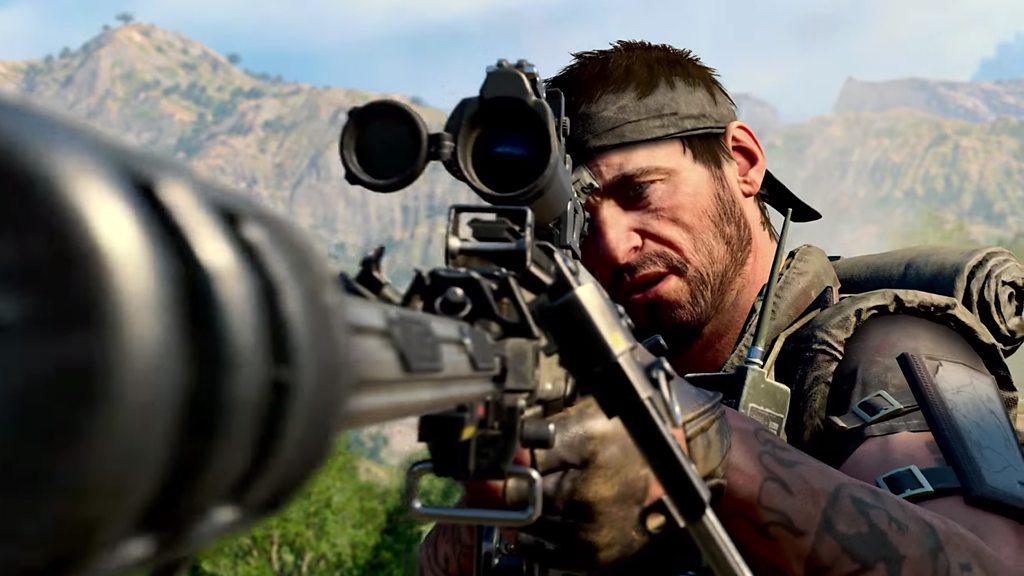
- Published20 April 2018
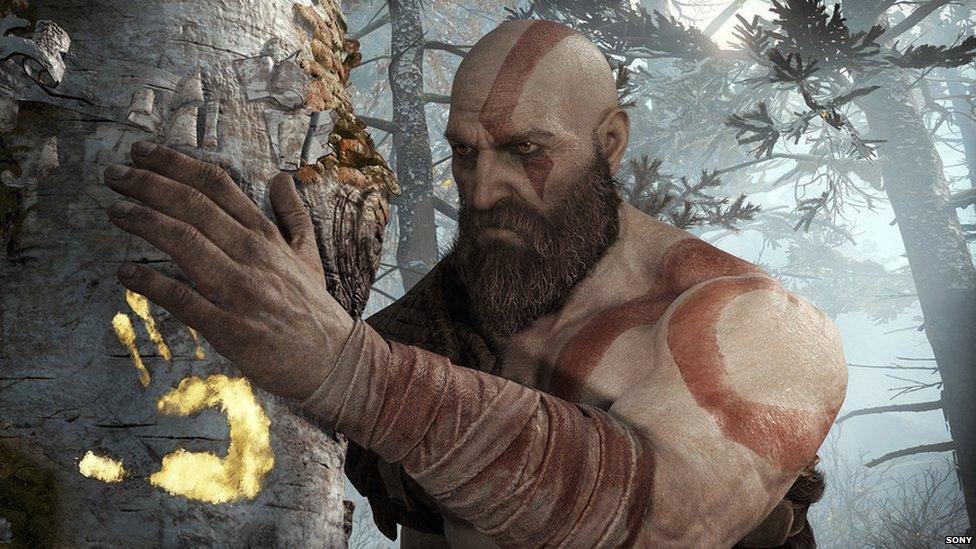
- Published2 October 2018

- Published10 August 2019
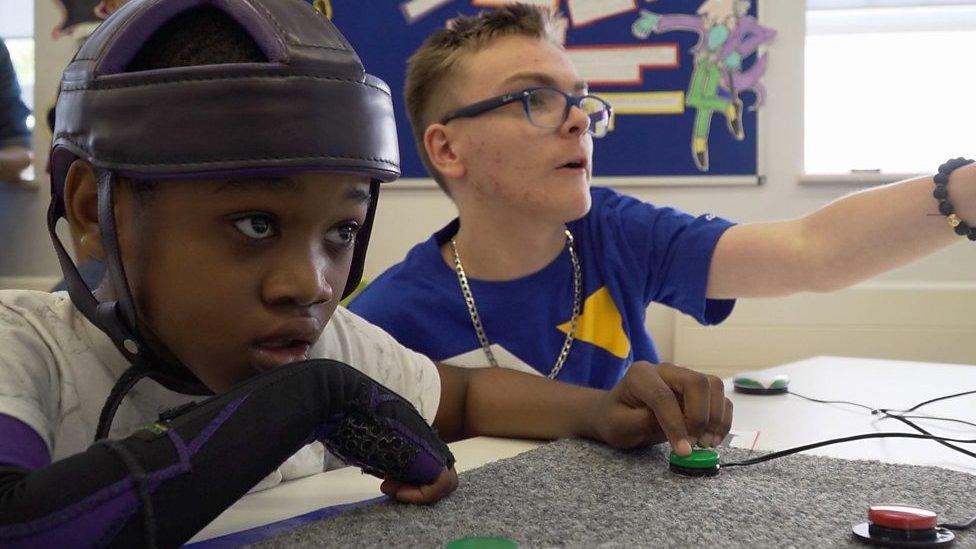
- Published17 May 2018
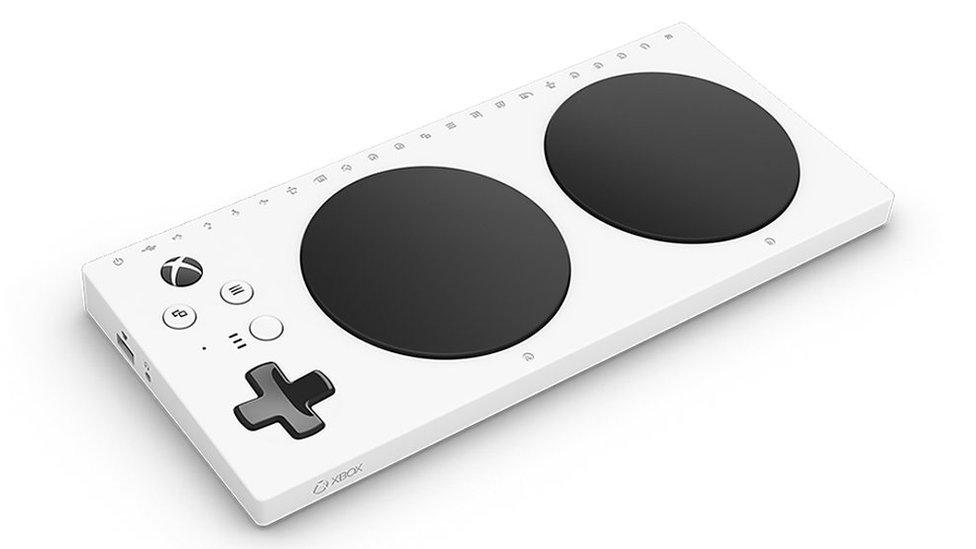
- Published20 March 2018
